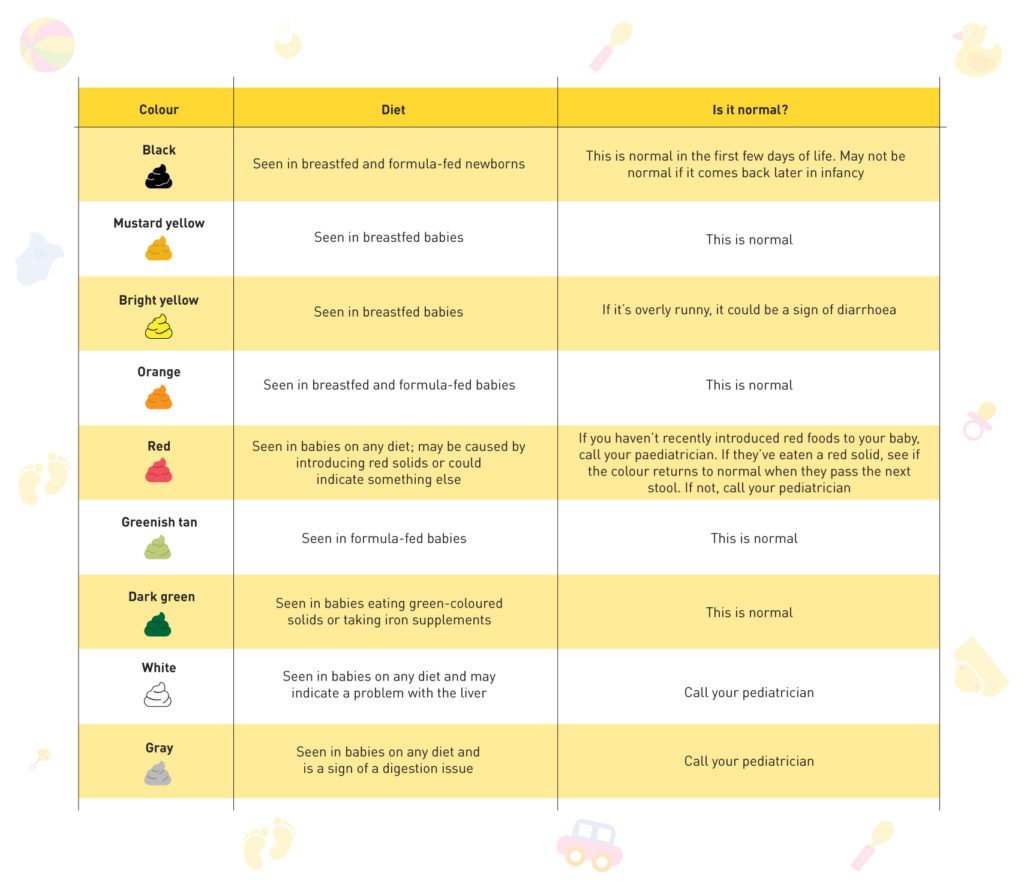Hey, new mum! Is there a right way to do this?

Why is my baby crying so much? Are they supposed to sleep at this time? Am I doing this right? Is it supposed to be this hard?
New mums, these are a few of the questions you may have asked yourself, your mother, mother-in-law or your paediatrician. It is extremely common for new mothers to feel confused and question everything because becoming a first-time parent is a new and complex experience. So, we at oDoc have answered six of the most commonly asked questions to help you out.
1. How often should I feed my baby?
Every child is different and there is no ‘golden rule’ for how often you should feed your baby. If you are breastfeeding, you may have to feed them more often as breast milk gets digested faster than formula. It is recommended you nurse every 1.5-3 hours if you are breastfeeding and every 2-3 hours if you are giving formula. As they grow older the time between feeds will increase.
Newborns are most likely to nurse eight to 12 times a day for the first month; when your child gets to be 4 to 8 weeks old, they’ll probably start nursing seven to nine times a day.
2. How do I know when my baby is hungry?
It’s difficult to distinguish between the sleepy-cries, carry-me-now – cries and hunger-cries. But watch out for the following cues your baby might give if they are hungry
- Leaning toward your breast or a bottle
- Sucking on their hands or fingers
- Opening their mouth, sticking out their tongue, or puckering their lips
- Fussiness and crying
These may indicate that it is time for their next (which would feel like their 100th) meal for the day.
3. How can I increase my milk supply?
It is common to worry about not producing enough milk. In fact, it is very common amongst new breastfeeding mothers. So you aren’t alone. Data from the Centers for Disease Control and Prevention shows that approximately 75% of new mothers start off breastfeeding their babies, but many stop either partially or completely within the first few months. One of the most common reasons for this is the worry about insufficient milk production. Most women usually have sufficient milk production but if you are worried you could try the following:
- Try feeding more often – as your baby feeds, your pituitary gland releases hormones that are involved in lactation.
- Eat foods that are proven to increase milk production such as ginger, garlic and fenugreek.
- Try feeding your baby from both breasts – stimulation of both breasts will increase milk production.


4. Will I spoil my infant if I hold onto them too much?
No, absolutely not. Contrary to popular belief this is not true. You can’t spoil a baby by holding on to them or by giving them too much attention. In fact, giving them constant attention is crucial as it is the foundation for them to grow emotionally, physically and intellectually. So, next time someone says you are giving your baby too much attention, tell them you are just ensuring their needs are met, just like the good mom you are.
5. Is this colour of poop normal?
This is probably a question you’ve asked yourself many times. Do you open the pamper and always examine the poop to make sure the colour is ‘normal’? But not sure what exactly the ‘normal’ baby poop colour is? Below are what each coloured poop may actually mean (source: Healthline).

6. How often should my baby poop?
Meconium, the newborns first poop, will pass in the first 24-48hours. After that, the bowel movement settles in, and the poop may be light brown, yellow, or yellow-green in colour. A baby should poop about 3 times a day when breastfed in the first 6 weeks. Some may even poop 4-12 times a day. After starting solids they can poop more than that. For formula-fed babies, 1-4 bowel movements per day, is expected.
So next time these questions arise in your mind, we hope these answers will also pop up and calm you down a bit. We just wanted to say that we are sure you are doing an amazing job and there are many moms out there who are questioning the same things as you. If you have any questions regarding your baby’s health or would like some medical advice you can consult a paediatrician from the comfort of your home via the oDoc app. Click here to download oDoc now.
Stay indoors and be proud of all you have achieved with your little one.
Sources
Santos-Longhurst, A. (2018, May 7). 5 Ways to Increase Breast Milk Production. Healthline. https://www.healthline.com/health/parenting/how-to-increase-breast-milk
Brody, B. (2015, July 23). Baby Feeding Schedule. WebMD. https://www.webmd.com/parenting/baby/baby-feeding-schedule#1
UNICEF. (n.d.). Busted: 14 myths about breastfeeding. Retrieved October 12, 2021, from https://www.unicef.org/parenting/food-nutrition/14-myths-about-breastfeeding
Prime, D. K., Garbin, C. P., Hartmann, P. E., & Kent, J. C. (2012). Simultaneous Breast Expression in Breastfeeding Women Is More Efficacious Than Sequential Breast Expression. Breastfeeding Medicine, 7(6), 442–447. https://doi.org/10.1089/bfm.2011.0139
Canadian Breastfeeding Foundation. (n.d.). Herbs for Increasing Milk Supply. Canadian Breastfeeding Foundation. Fondation canadienne de l’allaitement. Retrieved October 12, 2021, from https://www.canadianbreastfeedingfoundation.org/induced/herbs.shtml
Similar Articles...

Menopause Brain Fog is real: A Simple Guide with Symptoms and Treatment
Menopause Brain Fog is real: A Simple Guide with Symptoms and Treatment Women in their 40s and 50s who are just entering the end of

All you need to know about Gestational Diabetes
Did you know that gestational diabetes mellitus, also known as GMD, is one of the most common medical complications of pregnancy? What is GMD? Why

Endometriosis
Endometriosis No woman looks forward to “that time of the month.” Dealing with nausea, stomach cramps, mood swings, back pains and fatigue, all whilst facing







